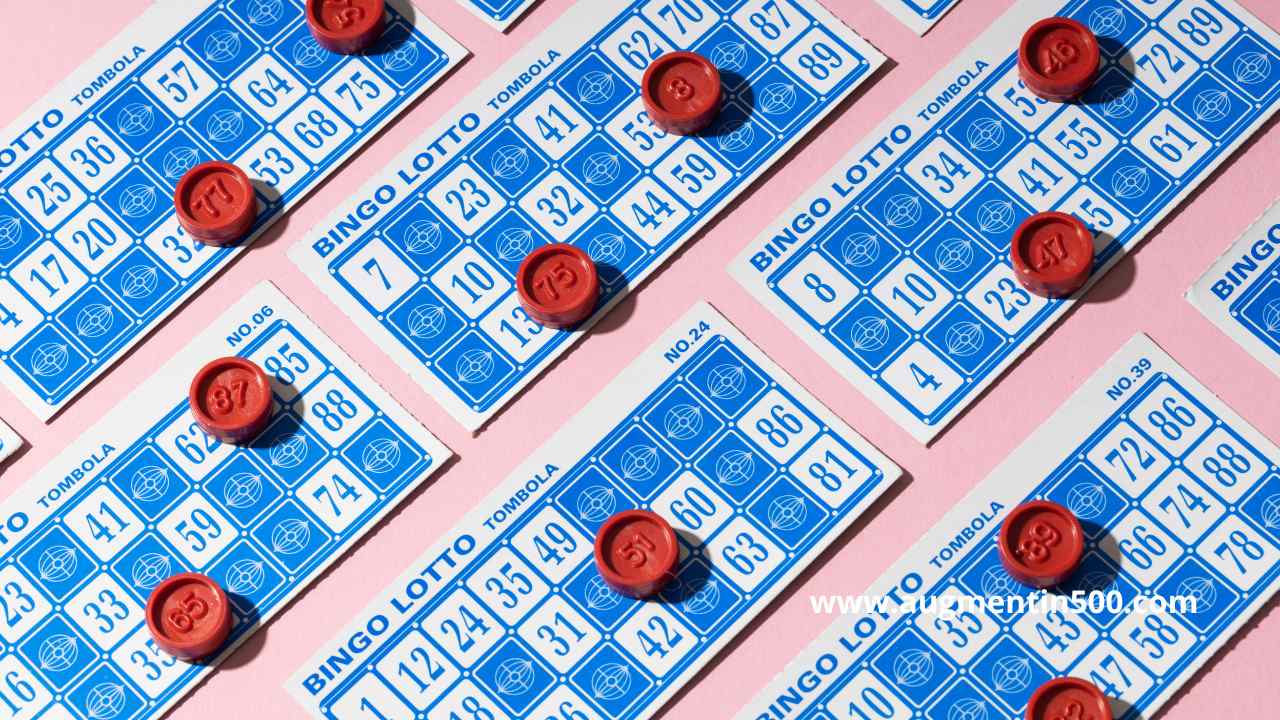Understanding Lottery Basics: Your Complete Guide
Lotteries have captivated people for centuries with the promise of life-changing wealth. While the allure is undeniable, it's important to approach lotteries with a clear understanding of how they work, the odds involved, and the importance of responsible play. This guide aims to demystify the world of lotteries, providing you with the knowledge to make informed decisions.
What is a Lottery?
At its core, a lottery is a game of chance where participants purchase tickets with a set of numbers. A random drawing determines the winning numbers, and those holding matching tickets receive prizes. Lotteries come in various forms, from simple raffles to multi-state games with massive jackpots.
How Do Lotteries Work?
- Ticket Purchase: Players buy tickets, either by choosing their own numbers or opting for a "quick pick" where numbers are randomly generated.
- The Draw: At a predetermined time, a random drawing selects the winning numbers. This process is typically transparent and overseen by officials to ensure fairness.
- Prize Distribution: Prizes are awarded to ticket holders with matching numbers. The size and number of prizes vary depending on the lottery.
- Revenue Allocation: A portion of lottery revenue goes towards prizes, while the rest funds public projects or initiatives designated by the lottery organizer.
Types of Lotteries
- Scratch-off Tickets: These instant-win games reveal prizes by scratching off a designated area.
- Daily/Weekly Draws: These lotteries hold regular drawings, often with smaller jackpots but higher odds of winning compared to larger games.
- Multi-State Lotteries: These games pool players from multiple states, resulting in massive jackpots like Powerball and Mega Millions.
- Raffles: These lotteries involve the sale of tickets for a specific prize, with a single winner chosen at random.
Understanding the Odds
It's crucial to recognize that the odds of winning the lottery are generally very low. While the dream of hitting the jackpot is enticing, it's important to play responsibly and view lotteries as a form of entertainment rather than a reliable investment.
The odds of winning vary depending on the specific lottery and the number of participants. Multi-state lotteries with huge jackpots naturally have lower odds than smaller, local games.
Responsible Play
- Set a Budget: Determine how much you're comfortable spending on lottery tickets and stick to it. Avoid chasing losses.
- Don't Borrow to Play: Never use borrowed money or funds intended for necessities to purchase lottery tickets.
- View it as Entertainment: Treat the lottery as a form of entertainment, not a way to make money.
- Seek Help if Needed: If you find yourself struggling to control your lottery spending, seek help from a professional or support group.
The Impact of Lotteries
Lotteries generate significant revenue like than situs masterlotre that often benefits public programs, such as education, infrastructure, and social services. However, it's important to be aware of the potential downsides, including the risk of addiction and the regressive nature of lottery taxes, which disproportionately affect lower-income individuals.
In Conclusion
Lotteries can be an exciting form of entertainment, but it's vital to approach them with a realistic understanding of the odds and a commitment to responsible play. By following the tips outlined in this guide, you can enjoy the thrill of the lottery while minimizing the risks.
Let me know if you'd like any sections expanded or additional topics covered!

 1 year ago
1 year ago




 English (US) ·
English (US) ·  Indonesian (ID) ·
Indonesian (ID) ·